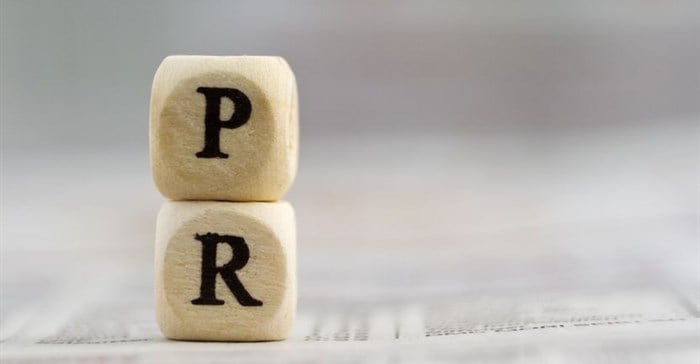






It has a more respectable ring to it, and conjures up images of serious executives in wood-panelled boardrooms, crafting strategic messages for stakeholders.
PR, on the other hand, evokes images of attractive women handing out glossy brochures and serving canapés at glitzy events. It suggests press releases full of puffery, hyping the company’s latest product or uncritically promoting the CEO. Ah, the power of stereotypes!
PR as a term has been gradually airbrushed out of existence and is now rarely found in the branding of major agencies.
The 2017 Holmes Report lists the top 10 global PR agencies; only one – Ogilvy PR – carries any reference to public relations in its name. Top-ranked Edelman calls itself a “global communications marketing firm”; Weber Shandwick describes itself as a “communications and marketing services firm”; and Ketchum is a “global communications consultancy”.
What explains the disappearance of PR as a business description?
Ostensibly, it’s because the industry has evolved on the back of the changing technological, media and business landscape. However, advertising has evolved too, and for the same reasons; but it’s still called advertising. Newspapers are now mostly online, but we still talk about the press.
No: my cynical take is that agencies want to distance themselves from a term that is perceived to have negative connotations. The internet is awash with articles arguing that the industry is associated with insincerity and manipulation. Is it any accident that one of its most notorious fictional characters is Edina, the ditzy blonde from Absolutely Fabulous?
And let’s not get started on figures of speech such as “It’s just a PR stunt”; or “He’s starting to believe his own PR”.
According to a recent article in the UK publication PR Week, some agencies are bucking the trend. The UK’s M&C Saatchi PR has rebranded itself M&C Saatchi Public Relations. American agency Golin is also embracing the term. “We’re taking our industry back,” says co-CEO Matt Neale. “It’s about time for a major agency to say: We’re proudly a PR shop.”
Indeed, PR Week itself is an example of a publication that proudly bears the discipline’s name in its masthead, instead of hiding behind Communications Week.
So, is PR likely to survive as a term in the English language? Or will it eventually be replaced by the euphemism “communications”.
My money’s on PR. It rolls easily off the tongue and has deep roots in the global corporate consciousness. I’ve yet to hear a company executive say: “We gotta get ourselves some communications!”
Tell someone you work in communications, and they’re apt to think telecommunications; tell them you work in public relations, and there’s no ambiguity. Even Wikipedia, a useful barometer of current language usage, uses the term when talking about companies in the sector.
So, hang in there, PR: you’re still very much part of the language landscape, no matter how much your practitioners may try to disown you. But you do need to work on that image problem, though.
